Foreign News
Gambia: Jammeh Must Go, UN Insists
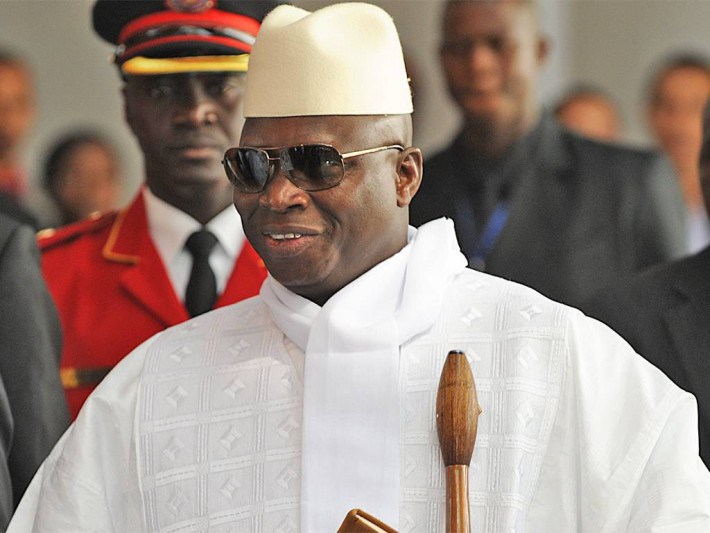
UN official in West Africa on Wednesday said Gambian President Yahya Jammeh will not be allowed to remain president if he refuses to go at the end of his term in January.
Mohammed Ibn Chambas, the UN Special Representative for West Africa and the Sahel, told journalists in Dakar that Jammeh would face strong sanctions if he tried to cling to power.
Jammeh, who took power in a coup in 1994, initially conceded defeat in the December 1 election to little-known challenger Adama Barrow, raising the prospect of an end to his
22 years rule.
Jammeh’s rule was tainted by allegations of widespread human rights abuses.
However, in a dramatic about-face that drew international condemnation, Jammeh
then rejected the voting results last Friday, and his party was challenging the outcome at Gambia’s Supreme Court.
Chambas, however, said “for Mr Jammeh, the end is here and under no circumstances can he continue to be president.
“By January 18, his mandate is up and he will be required to hand over to Mr. Barrow.”
He added that Jammeh would be “strongly sanctioned” if he did not step down and hand over power to Barrow, without giving details.
Chambas accompanied a delegation of presidents representing the regional bloc ECOWAS who travelled to Gambia on Tuesday but failed to reach a deal that would see Jammeh step down.
Instead, Gambian soldiers seized the headquarters of the national elections commission and sealed it just hours before the presidents touched down in the riverside nation.
UN Secretary-General, Ban Ki-moon, on Wednesday, said that the takeover was an “outrageous act of disrespect of the will of the Gambian people”.
The building in Banjul remained deserted on Wednesday aside from two armed security guards, while its front gate and ground floor entrances were closed.
“No one has gone to work. I didn’t even try. No one has informed me that I can go back,” elections commission chairman Alieu Momarr Njai said on Wednesday.
The ruling Alliance for Patriotic Reorientation and Construction filed a challenge to the election result, even as the delegation held mediation meetings on Tuesday.
The court has not held a session for a year and a half, and legal experts believe that at least four new judges would need to be hired to hear Jammeh’s petition.
“We do not believe it will be heard by a credible court dedicated to ensuring the integrity of The Gambia’s democratic process,’’ a U.S. Embassy statement said.
Analysts have suggested that the challenge in the Supreme Court, the legal channel for resolving election disputes, could put diplomats in a difficult position.
While such disputes are relatively common in Africa, the international community generally defers to established domestic legal mechanisms for resolving them.
However, in a notable exception, UN troops intervened militarily alongside France to oust Ivory Coast’s then-president Laurent Gbagbo after he used the constitutional court to overturn the 2010 election victory of Alassane Ouattara.
Meanwhile, report says ECOWAS leaders will discuss Gambia at a summit in Nigeria on Saturday.
(Reuters/NAN)
-
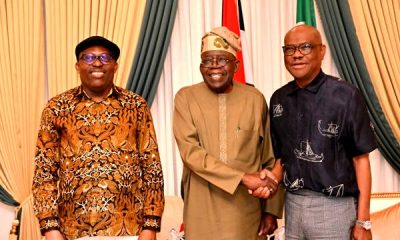
 News5 days ago
News5 days agoAgain, Tinubu Wades Into Wike-Fubara Feud
-
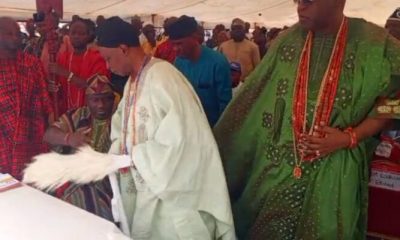
 News2 days ago
News2 days agoAlaafin Must Respect Olubadan Stool or Face Consequences – Ibadan Traditional Leaders
-
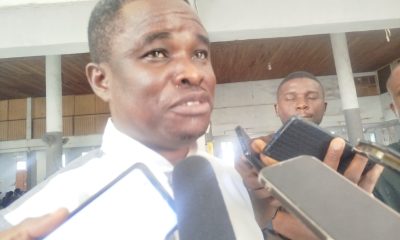
 News4 days ago
News4 days agoOsun 2026: ZLP Governorship Candidate Promises Accountability, Good Governance
-
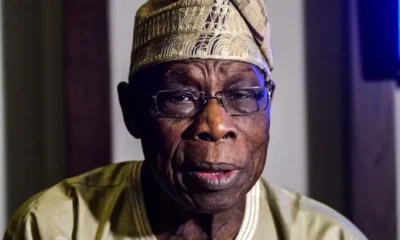
 News5 days ago
News5 days agoWhy Jonathan And I Opposed Tambuwal’s Emergence As Speaker – Obasanjo


